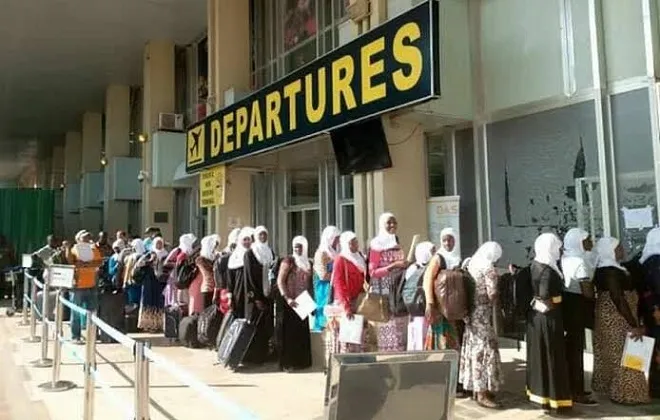The United Arab Emirates (UAE) has announced it will suspend the issuance of all tourist and work visas to Ugandan nationals beginning January 2026. The directive, issued through an immigration circular in Abu Dhabi, places Uganda among several countries facing sudden travel restrictions.
This move poses a significant threat to Uganda’s economy, particularly its labour export sector, which relies heavily on UAE for employment opportunities and foreign exchange inflows.
Uganda now joins a list of affected nations that includes Afghanistan, Libya, Yemen, Somalia, Lebanon, Bangladesh, Cameroon, and Sudan.
According to UAE officials, the suspension is a temporary and precautionary measure driven by national security concerns.
Intelligence agencies have flagged the misuse of visa channels by human trafficking syndicates and other illegal operations. Diplomatic tensions, especially surrounding the treatment and repatriation of migrant workers, were also cited.
The UAE has also emphasized its post-COVID-19 policy of tighter border controls, referencing irregularities in travel documentation and vaccination compliance from applicants in the listed countries.
The decision comes shortly after a BBC investigation linked a Ugandan national, Charles Mwesigwa, to a high-end sex trafficking ring operating in Dubai. While not officially connected, the case may have intensified scrutiny of Ugandan migrants.
Ugandan officials have expressed concern over the looming ban. According to the Ministry of Gender, Labour and Social Development, over 120,000 Ugandans left the country between January 2022 and December 2023 for work abroad more than 89% of them heading to the Middle East.
Labour externalisation generated Shs 25 billion (about USD 65 million) during the same period through job processing fees and licensing. Even more critically, remittances from Ugandan workers in the Gulf remain a key source of foreign exchange for the country.
While UAE authorities maintain the suspension is temporary, no clear timeline has been provided—leaving uncertainty and concern in Kampala over the future of one of its most vital economic lifelines.





















